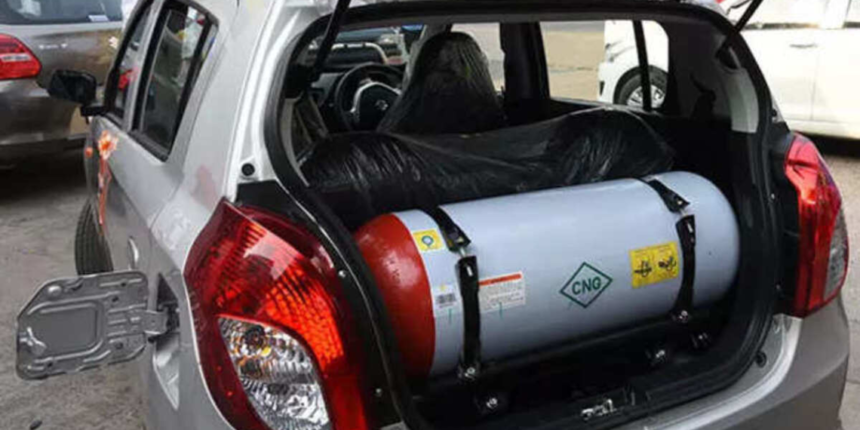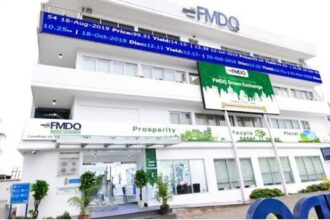-
Government moves to unify compressed natural gas pricing across all regions.
-
Adjustment raises Lagos and Abuja rates from N230 to N380 per standard cubic metre.
-
Experts warn sustainability requires a pricing band up to N520/SCM.
The Federal Government has pegged the retail price of compressed natural gas (CNG) at N380 per standard cubic metre in Lagos and Abuja, harmonising the tariff with what motorists in other parts of the country have paid since July.
The directive, which took effect on 1 September, effectively scrapped the previous price advantage enjoyed in the two cities, where motorists had paid as low as N230/SCM.
ATTENTION: Click “HERE” to join our WhatsApp group and receive News updates directly on your WhatsApp!
In some locations, however, costs had climbed as high as N500/SCM due to pipeline gaps and reliance on truck-based distribution.
A government source confirmed the decision was part of efforts to stabilise costs for motorists and investors.
READ ALSO: Tinubu Offers 36 CNG Buses to Organized Labour
“From 1st September, CNG price for all category of passenger vehicles will be N380 per SCM in Abuja and Lagos. For all other locations, it was already made N380, two months back,” the source said.
The move comes amid the Federal Government’s wider push for cleaner and cheaper energy alternatives under the Presidential Compressed Natural Gas Initiative (PCNGi), launched in 2023 following the removal of fuel subsidies. The scheme promised free conversions for commercial vehicles, with state governments like Lagos, Ogun, Oyo and Rivers introducing CNG-powered buses and fuelling stations.
By mid-2025, Nigeria had opened more than 65 daughter stations across 21 states, supported by over $450 million in private investments and the training of thousands of technicians. But adoption remains slow, with only about 50,000 vehicles converted by January 2025 against the government’s ambitious target of one million by 2027.
Industry analysts insist that while the new uniform rate offers short-term stability, long-term viability will depend on building more pipeline-fed stations and creating a pricing framework that balances affordability with profitability. They project that sustainable retail prices should fall between N407 and N520 per SCM to attract deeper private-sector investment.
The harmonisation may be a relief for operators in regions that previously paid more, but for Lagos and Abuja motorists, it signals higher costs in an already strained transport environment.



